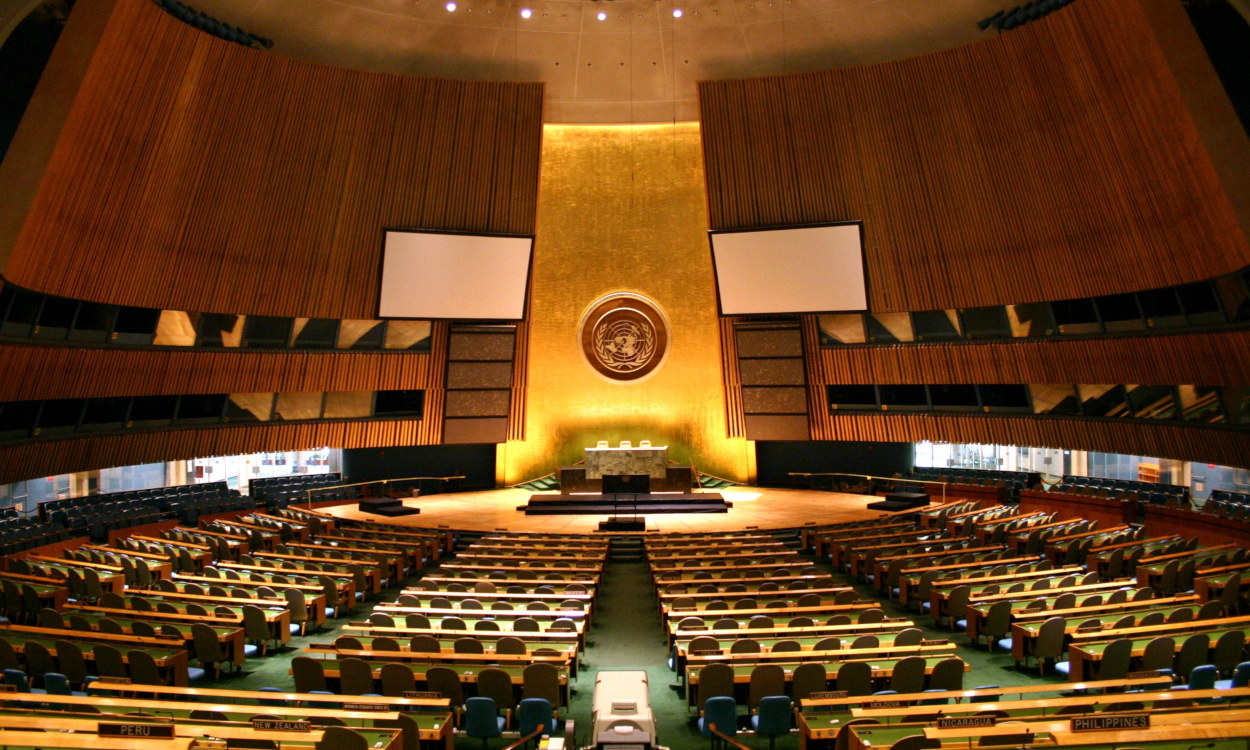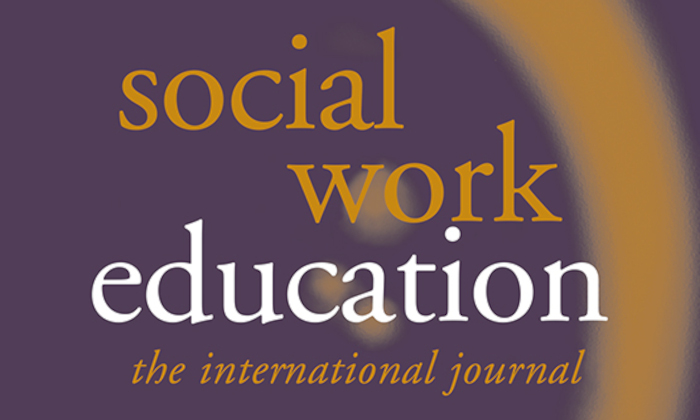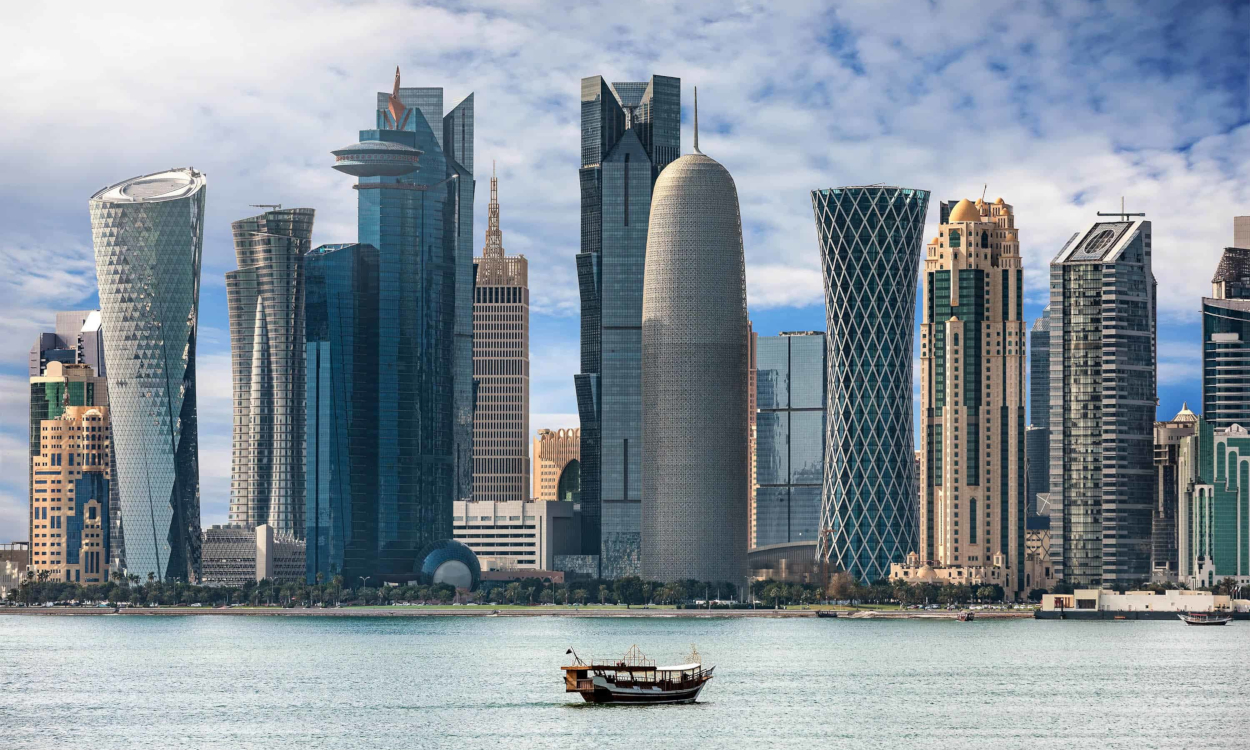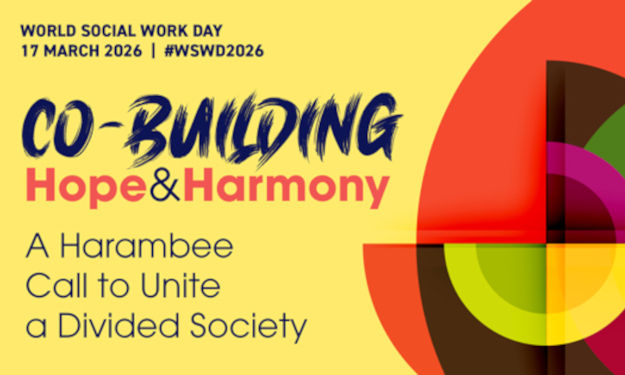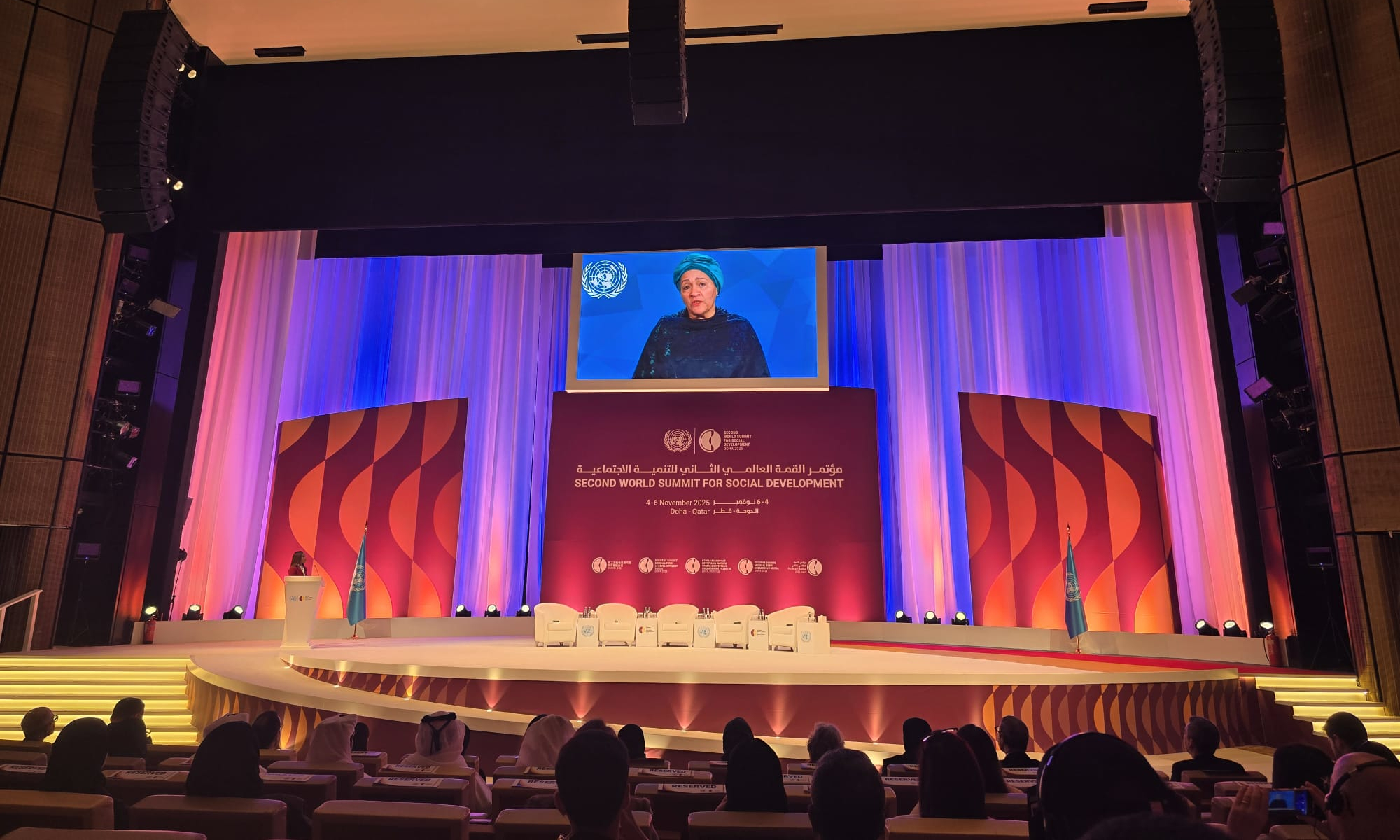World Social Report 2025: A New Policy Consensus to Accelerate Social Progress
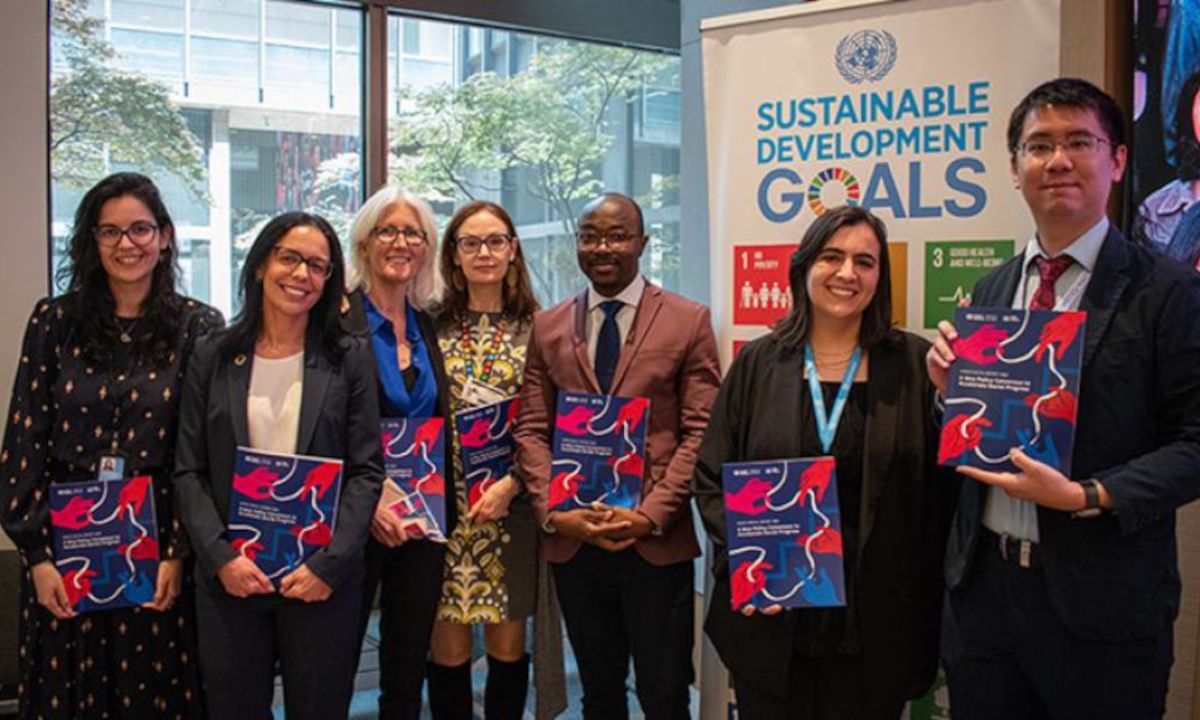
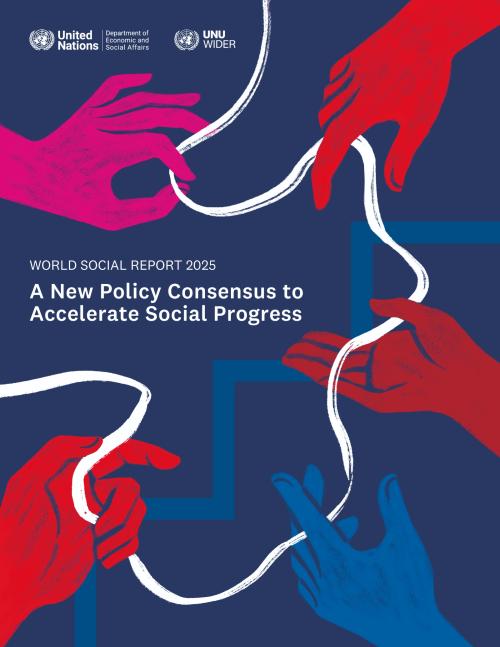 The World Social Report is the flagship publication of the United Nations Department of Economic and Social Affairs (DESA). The 2025 edition, prepared by DESA’s Division for Inclusive Social Development in collaboration with the United Nations University World Institute for Development Economics Research (UNU-WIDER), examines today’s pressing social challenges and offers a roadmap for action.
The World Social Report is the flagship publication of the United Nations Department of Economic and Social Affairs (DESA). The 2025 edition, prepared by DESA’s Division for Inclusive Social Development in collaboration with the United Nations University World Institute for Development Economics Research (UNU-WIDER), examines today’s pressing social challenges and offers a roadmap for action.
Titled A New Policy Consensus to Accelerate Social Progress, the report reflects on three decades of remarkable achievements in reducing poverty and improving well-being, while warning of mounting risks that threaten these gains. It calls for renewed global commitment to the principles of equity, economic security for all, and solidarity — principles essential to achieving the 2030 Agenda for Sustainable Development and fulfilling the promises of the 1995 Copenhagen Declaration on Social Development.
Social Progress and Emerging Risks
The past thirty years have seen significant progress: extreme poverty has fallen, material well- being has improved, and many communities have advanced socially and economically. Yet these achievements are under strain:
- Widespread insecurity. More than 690 million people remain in extreme poverty, while billions more live on modest daily incomes, vulnerable to shocks from conflict, crises, and climate change. Even in wealthier countries, precarious work—including temporary, part-time, and gig jobs—has eroded stability and trust.
- Persistent and deepening inequality. Despite progress in parts of Latin America, Africa, and Asia, wealth and income remain highly concentrated. The richest 1 percent own more wealth than 95 percent of humanity. Systemic barriers continue to disadvantage women, migrants, persons with disabilities, and other marginalized groups.
- Eroding social cohesion. Trust in institutions has been falling since the 1990s, and fewer than one-third of people believe “most people can be trusted.” Polarization, fueled by misinformation and disinformation, is dividing societies and undermining collective action.
The report warns that unless these crises—economic insecurity, inequality, and declining trust—are tackled together, they risk reinforcing each other in a destructive cycle that undermines sustainable development.
The Roots of Insecurity and Inequality
The report stresses that current fractures are not inevitable—they reflect policy choices, global transformations, and structural inequalities that can be reversed through decisive action:
- Labour market instability. Informal and insecure work dominates in low- and middle- income countries, while in high-income countries many are pushed into unstable jobs without protection. Outdated labour laws have failed to adapt to new forms of work, leaving millions vulnerable.
- Global transformations. Technological change, globalization, and climate change bring opportunities but also deepen divides. Artificial intelligence threatens middle-skilled jobs, while climate shocks disproportionately harm the poorest populations.
- Policy legacies. Decades of deregulation, privatization, and austerity have eroded protections, widened divides, and undermined trust in institutions. Reversing these trends requires re-centering social policy.
Towards a New Policy Consensus
The report calls for a new policy consensus built on three interlinked principles:
- Equity – ensuring fairness in opportunities, outcomes, and protections across society.
- Economic Security for All – creating universal social protection, guaranteeing decent work, and building resilience against shocks.
- Solidarity – strengthening cooperation within and across nations to confront shared challenges.
These principles are not only about advancing social progress; they are critical to ensuring economic stability and environmental sustainability. Societies thrive when people feel secure, included, and empowered to shape their futures.
Navigating the Report
The 2025 edition is organized into two main sections:
- Part I surveys global social trends, analyzing rising insecurity, persistent inequality, and declining trust. It highlights lessons from the past and shows how improved data can guide better policy.
- Part II explores the roots of these challenges in past policy choices and outlines the contours of a new policy consensus. It emphasizes the need to apply a social lens to policymaking and to foster trust and social cohesion through institutional and cultural change.
The report concludes with a call to seize the opportunity of the forthcoming Second World Summit for Social Development. Governments, civil society, and the international community must work together to forge a bold consensus that revitalizes trust and accelerates progress toward the 2030 Agenda.
A Call to Action
The World Social Report 2025 reminds us that while humanity has made great strides, the foundations of progress remain fragile. Rising insecurity, entrenched inequality, and eroding trust could unravel decades of achievement. Yet there is hope: with the right policies and a renewed commitment to solidarity, the world can build more inclusive, resilient, and cohesive societies.
For ICSW and its partners, this report is both a resource and a rallying point. It reinforces our mission of putting people at the center of development and advancing social justice, equity, and human dignity in a rapidly changing world.
The full version of the report is available here:

